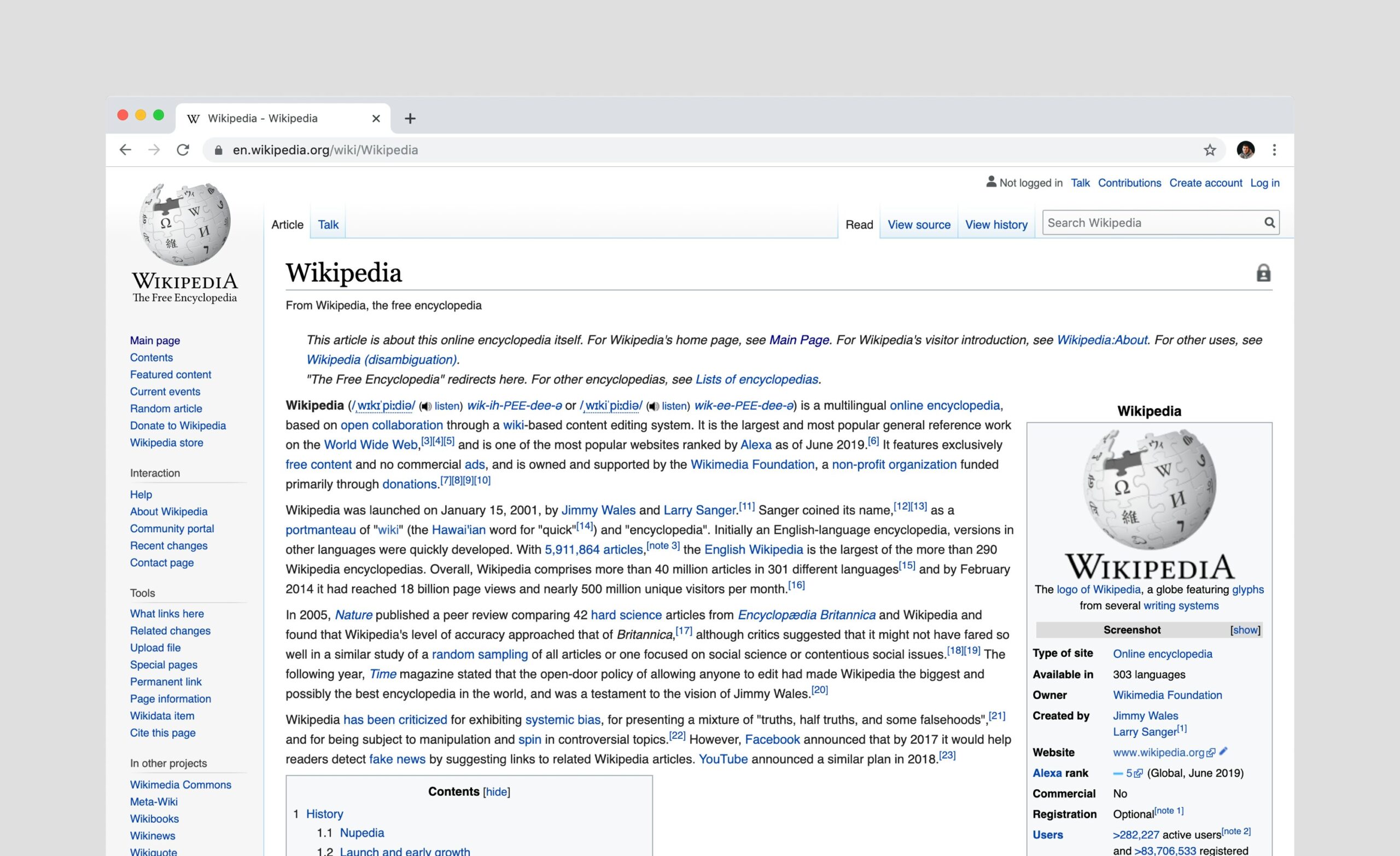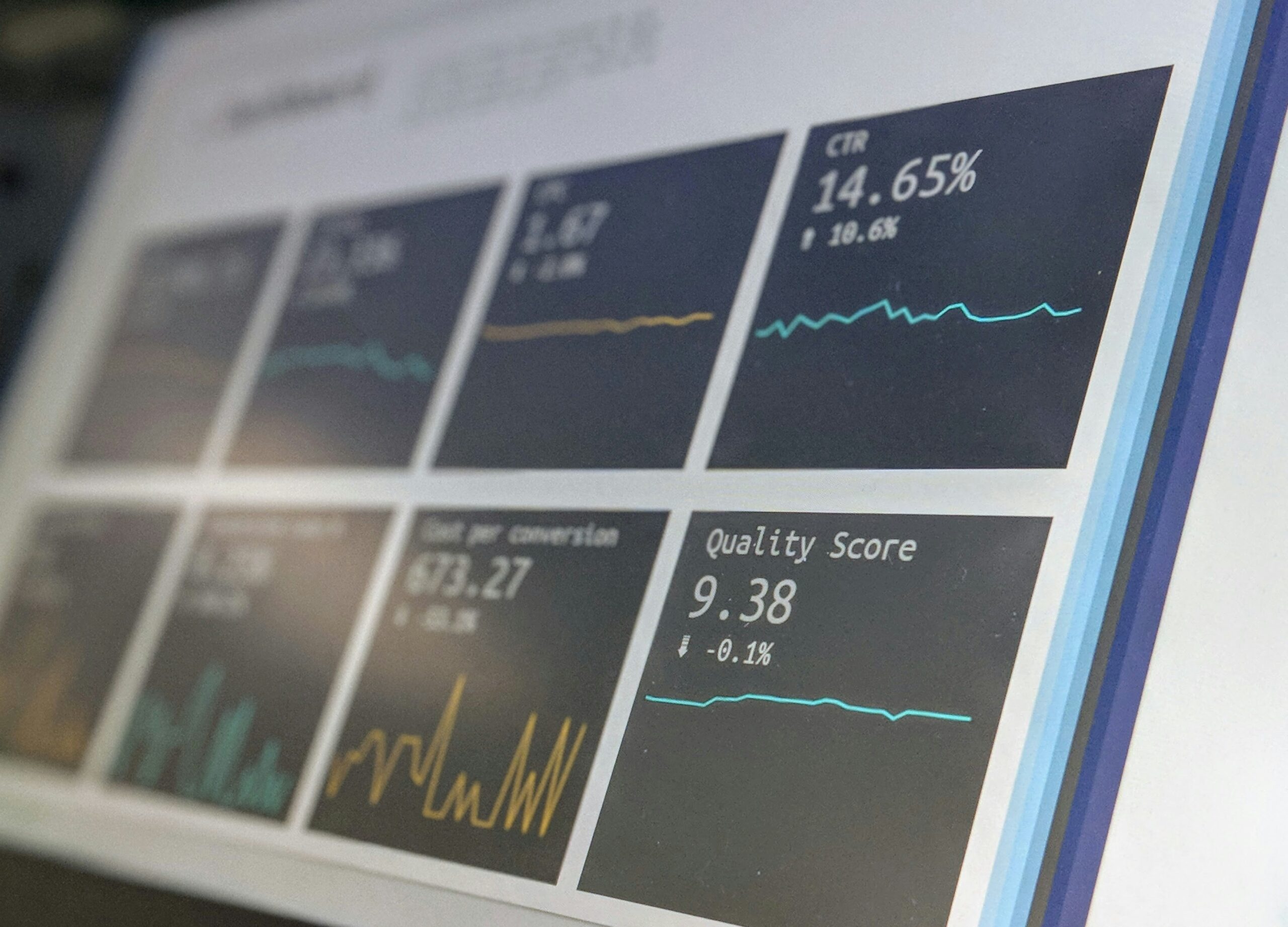Introduction
Wikipedia Traffic Is Falling in 2025, and the trend is reshaping how people find and trust information online. Once the go-to destination for verified knowledge, Wikipedia now faces a significant decline in human visitors — down 8% year-over-year, according to the Wikimedia Foundation.
This isn’t just about fewer clicks — it’s about the changing information behavior of an entire generation. As AI-powered search summaries and social video platforms rise, Wikipedia’s role as the world’s encyclopedia is evolving fast.
Why Wikipedia Traffic Is Falling in 2025
Recent findings from Marshall Miller, VP of Product at Wikimedia, reveal that a surprising amount of 2024’s high traffic came from bots, not humans. Once the foundation upgraded its detection systems, the true picture showed an 8% decline in genuine visitors.
Miller attributes the drop to “the growing influence of generative AI and social media on how people seek knowledge.” With tools like ChatGPT and Google’s AI Overviews, users now get answers instantly — often sourced from Wikipedia — without ever clicking through.
“Wikipedia Traffic Is Falling in 2025 not because people stopped valuing knowledge,” Miller explains, “but because AI delivers that knowledge faster.”
How AI Search Summaries Redirect User Behavior
The biggest disruption comes from AI Overviews (formerly Search Generative Experience) and Bing Copilot, which summarize information from Wikipedia in seconds.
While that means more people indirectly consume Wikipedia’s content, it also means fewer direct pageviews. Even though Google disputes the link between AI snippets and reduced traffic, analytics from SimilarWeb and Ahrefs show consistent declines in organic traffic across reference sites since early 2025.
A Forbes analysis notes that AI summaries can reduce outbound clicks by up to 30%, particularly on fact-based queries where Wikipedia Traffic Is Falling in 2025 most sharply.
The Role of Social Media in Wikipedia’s Decline
Another key reason Wikipedia Traffic Is Falling in 2025 is the shift toward short-form video content. Younger users now prefer to get information through TikTok, YouTube Shorts, and Instagram Reels — platforms optimized for entertainment and instant gratification.
A Pew Research survey reports that 52% of Americans under 25 use short videos for research instead of reading long-form articles. This trend hurts not just Wikipedia, but also Britannica and Stack Overflow, which rely on readers seeking depth, not speed.
Wikipedia’s Strategy to Reverse the Decline
To address why Wikipedia Traffic Is Falling in 2025, the Wikimedia Foundation has rolled out several initiatives:
-
AI Attribution Framework – Ensuring AI systems like ChatGPT and Gemini properly credit Wikipedia sources.
-
Reader Engagement Teams – Dedicated groups tasked with bringing back casual readers and lapsed editors.
-
Transparency Projects – Educating users on where AI-generated facts originate.
-
Pause on Internal AI Tools – Wikipedia tested its own AI summaries but paused them due to editor feedback.
Miller emphasizes that “Wikipedia must remain human at its core — created, reviewed, and supported by people.”
Why the Decline Matters for the Open Web
The fact that Wikipedia Traffic Is Falling in 2025 signals a deeper problem: the decentralization of the open web. When AI tools summarize and display information directly, they reduce incentives for users to visit original sources — a phenomenon known as zero-click content.
For Wikipedia, this means fewer volunteers, fewer donations, and a smaller community. Over time, that could limit the creation of new, verified articles — the foundation of digital trust itself.
Comparison: Traditional Search vs. AI Search (2025)
| Factor | Traditional Search | AI-Powered Search |
|---|---|---|
| Click-Through Rate | High | Low |
| Attribution | Clear links | Often unclear |
| User Engagement | Long-form reading | Instant summaries |
| Traffic Flow | To websites | Stays on search engine |
| Accuracy | Verified sources | Dependent on training data |
Pros and Cons of AI-Driven Information Access
Pros
-
Instant answers for common questions.
-
Improved accessibility for non-experts.
-
Better summarization of complex topics.
Cons
-
Fewer clicks to trusted sites.
-
Reduced visibility for open knowledge.
-
Loss of volunteer-driven editing culture.
-
Risk of misinformation if AI sources aren’t verified.
Expert Perspectives
Wikipedia Traffic Is Falling in 2025, but experts agree the platform’s influence hasn’t diminished. According to the MIT Technology Review, more than 80% of generative AI datasets still rely on Wikipedia as a primary source.
That means even as direct visits drop, Wikipedia’s knowledge powers everything from AI chatbots to voice assistants. The challenge is ensuring credit, transparency, and funding follow that usage.
What Can Be Done to Rebuild Traffic
-
Reimagine Engagement: Wikipedia could launch mobile-friendly, visual-first summaries that compete with TikTok’s “micro learning.”
-
Partner With AI Companies: Secure backlinks, citations, and referral traffic from every AI-generated answer.
-
Promote Source Literacy: Encourage users to click citations and learn how AI models source data.
-
Encourage Donations: Remind users that every click sustains open, unbiased information.
For deeper insights into adapting to digital change, see our guides on Best Online Brokers 2025 and Top High-Yield Savings Accounts 2025.
FAQs
Q1: Why is Wikipedia Traffic Falling in 2025?
Because AI search summaries and social video platforms now deliver information without requiring clicks to the original site.
Q2: Does AI benefit or harm Wikipedia?
It helps visibility but reduces engagement, creating funding and community challenges.
Q3: What is Wikipedia doing about it?
Developing new frameworks for AI crediting, transparency, and volunteer outreach.
Q4: How can users help?
Click through to the original sources, donate, and support human editors.
Q5: Are other knowledge platforms affected too?
Yes — Stack Overflow, Britannica, and Quora also report declining traffic in 2025.
Conclusion
The fact that Wikipedia Traffic Is Falling in 2025 doesn’t mean the end of human knowledge — but it does signal a turning point. As AI-generated content becomes the default, the web must remember the human editors and volunteers behind every verified fact.
Wikipedia’s next chapter will depend not just on algorithms, but on people — those who still care about truth, accuracy, and open access to information.
Support real, verified knowledge. Visit Wikipedia directly, read the sources behind AI summaries, and encourage others to do the same.
For more digital insights, explore our detailed guides on:

